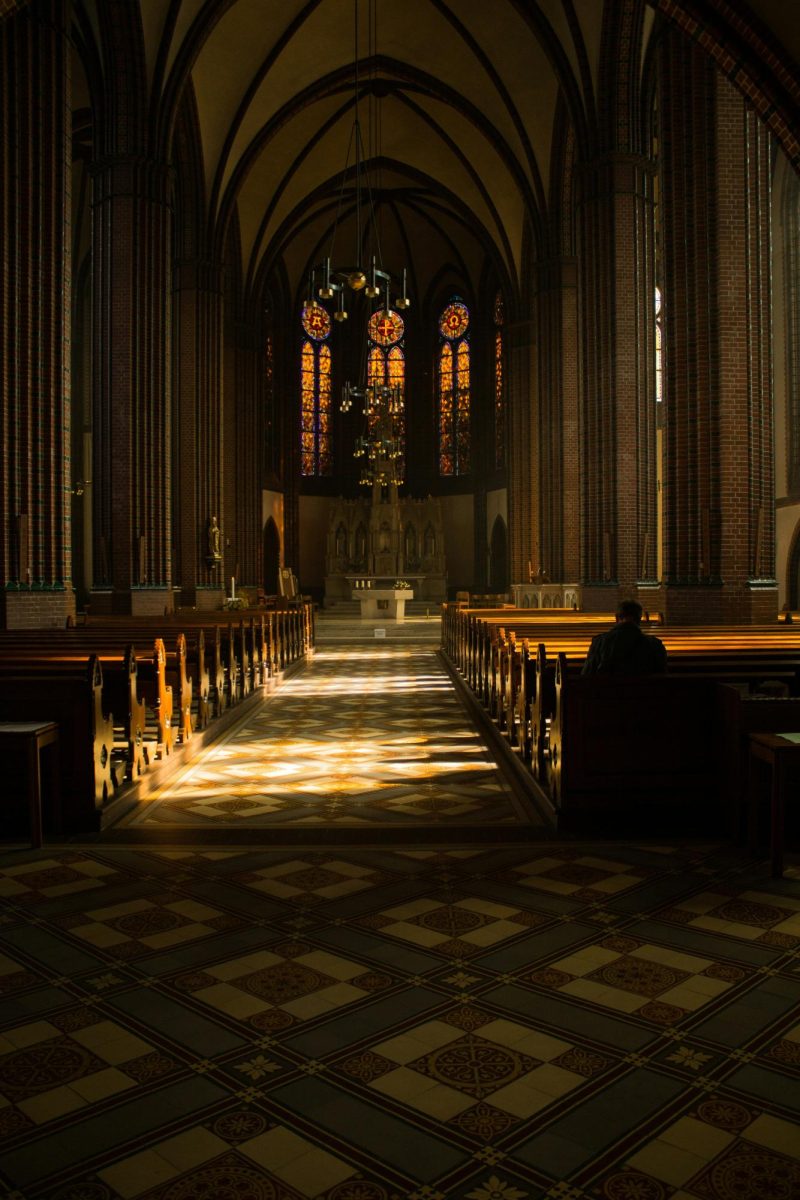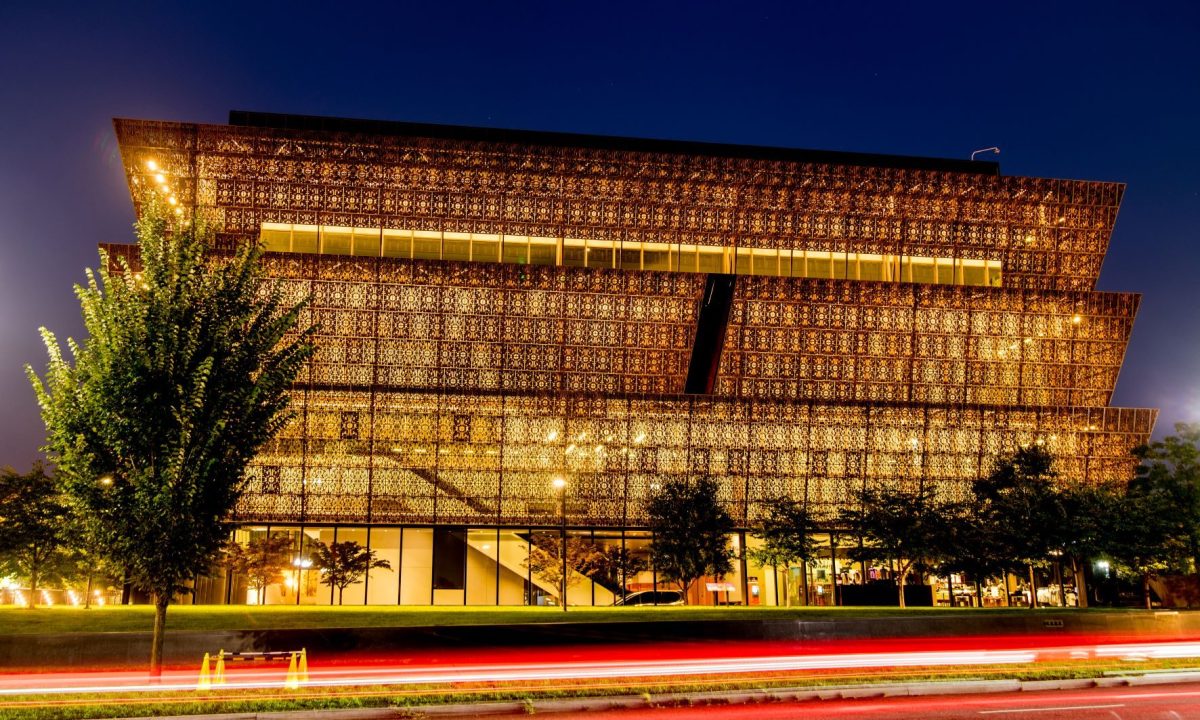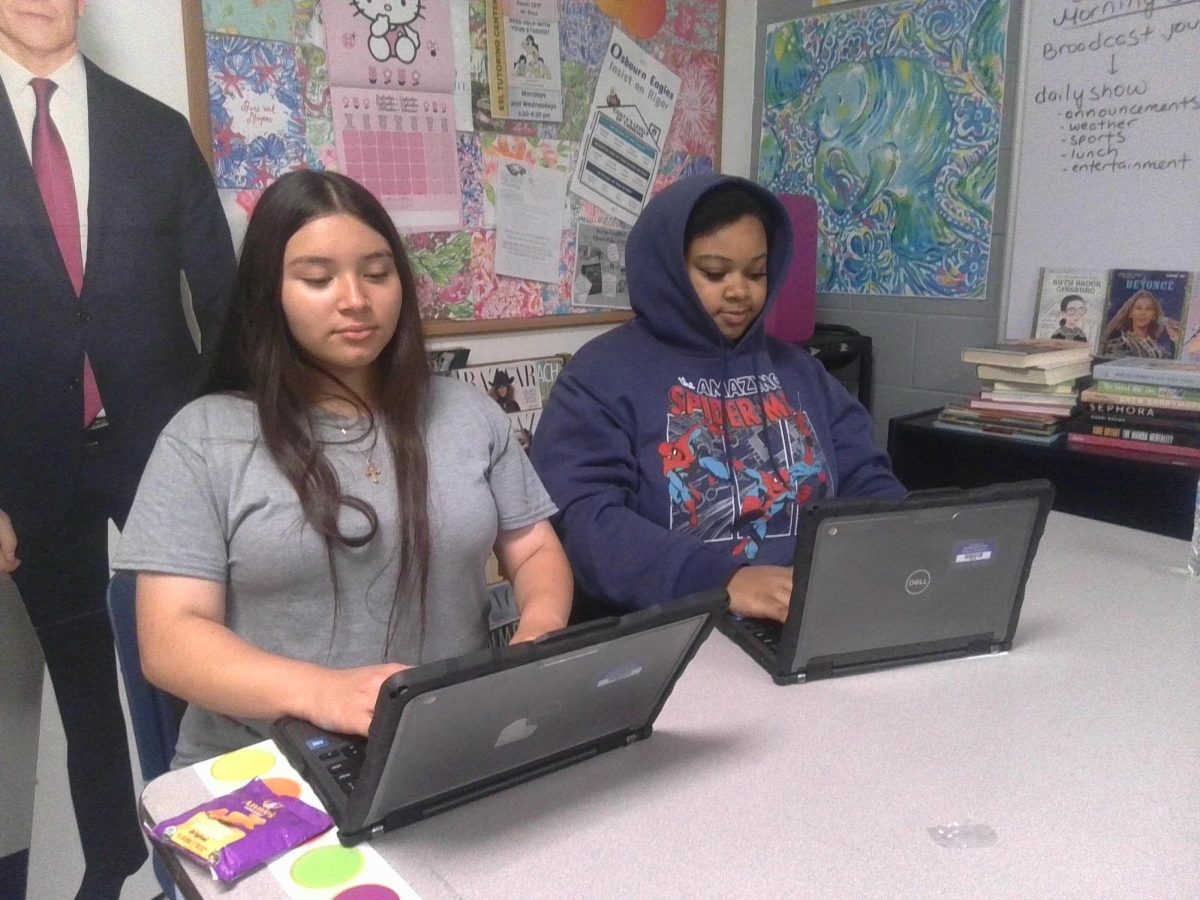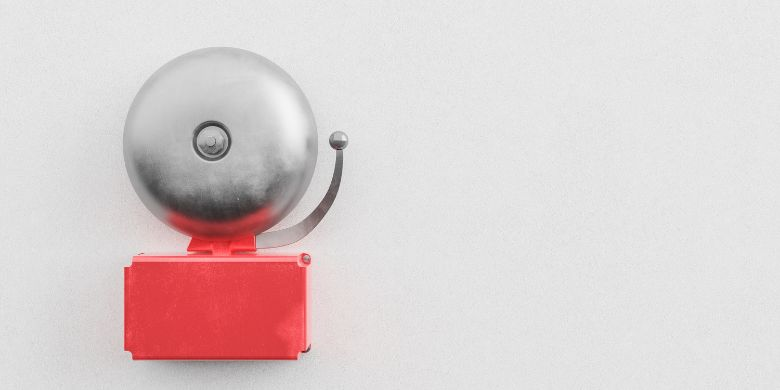It’s really easy, on a surface level, to deny the existence of the supernatural. To say that nature is all there is and the universe in its entirety is simply matter and energy and it seems many are taking this road in their personal lives. With modern media making a much more palatable case for individualism to a much broader audience, it’s easy to come to the notion that the need for God is outdated and people need only to look to themselves for the power and fulfillment that they seek. The observation of this trend in lack of interest in religion goes beyond speculation as there’s quite a bit of reputable survey-based evidence to corroborate it.
Firstly, individualism. A study done in 2020 by the National Institute of Health used focus group methodology to determine generation-based differences in reasons and purposes for internet use. They found that from the Baby Boomers to the Millennials there was a slow, yet noticeable uptick in the use of self-tracking applications and programs. Self-tracking is simply the use of a device, application, or program for the purpose of tracking health indicators like heart rate or nutrient intake. There’s a steadily increasing interest in self-improvement as you get younger and younger in the generational timeline. Considering that the data on this trend begins with Boomers and ends with Millennials we can only follow the trend, and the trend points steadily upward. It’s no wonder that modern media sources are inspiring a noticeable increase in individualistic thought.
So what does this incessant yapping have to do with the loss of religion? Context for the statistical evidence for it. A Pew Research Survey from 2021 states that from the year 2007 (the year the first iPhone was released) to the year 2021, the people who claimed to follow no form of religion jumped from 16% to 29%. For clarity’s sake, “people who claimed to follow no form of religion” includes atheists, agnostics, and people who responded with “nothing in particular.” This represents a radical shift in American culture which used to be darn near synonymous with Christianity and the cultural, moral, and religious values found therein.
That’s not to say, necessarily, that this is entirely due to the advent of widespread internet access; on the contrary, there are several reasons. An empirically strong suggestion is that secularization very much begins in the home. A single survey cited in a study by the Institute for Family Studies displays findings that suggest that between the ages of 18 to 21, the percentage of young adults that report no religious affiliation goes from 17% to about 23%. This is to be expected considering that a great deal of behaviors in adulthood are founded and rooted in behaviors that are learned and observed in childhood.
For clarity’s sake once more, this article is neither an endorsement, nor a rejection of religion of any kind, but merely an observation of a trend that’s found in contemporary American culture which makes for people who are a good bit more individualistic, a good bit less religious, and a good bit less likely to take up any kind of faith beyond what they can see.







